Lychee is a delicious tropical fruit known for its juicy sweetness and vibrant pink-red skin. But beyond its tantalizing flavor, many people are curious about lychee benefits and side effects — what this exotic fruit can do for your health, and what risks it might carry if consumed excessively. In this article, we will explore the multifaceted world of lychee, from nutritional value and health-boosting properties to possible adverse effects, so you can make an informed decision on including this luscious fruit in your diet.
Nutritional Profile of Lychee – A Treasure Trove of Vitamins and Minerals
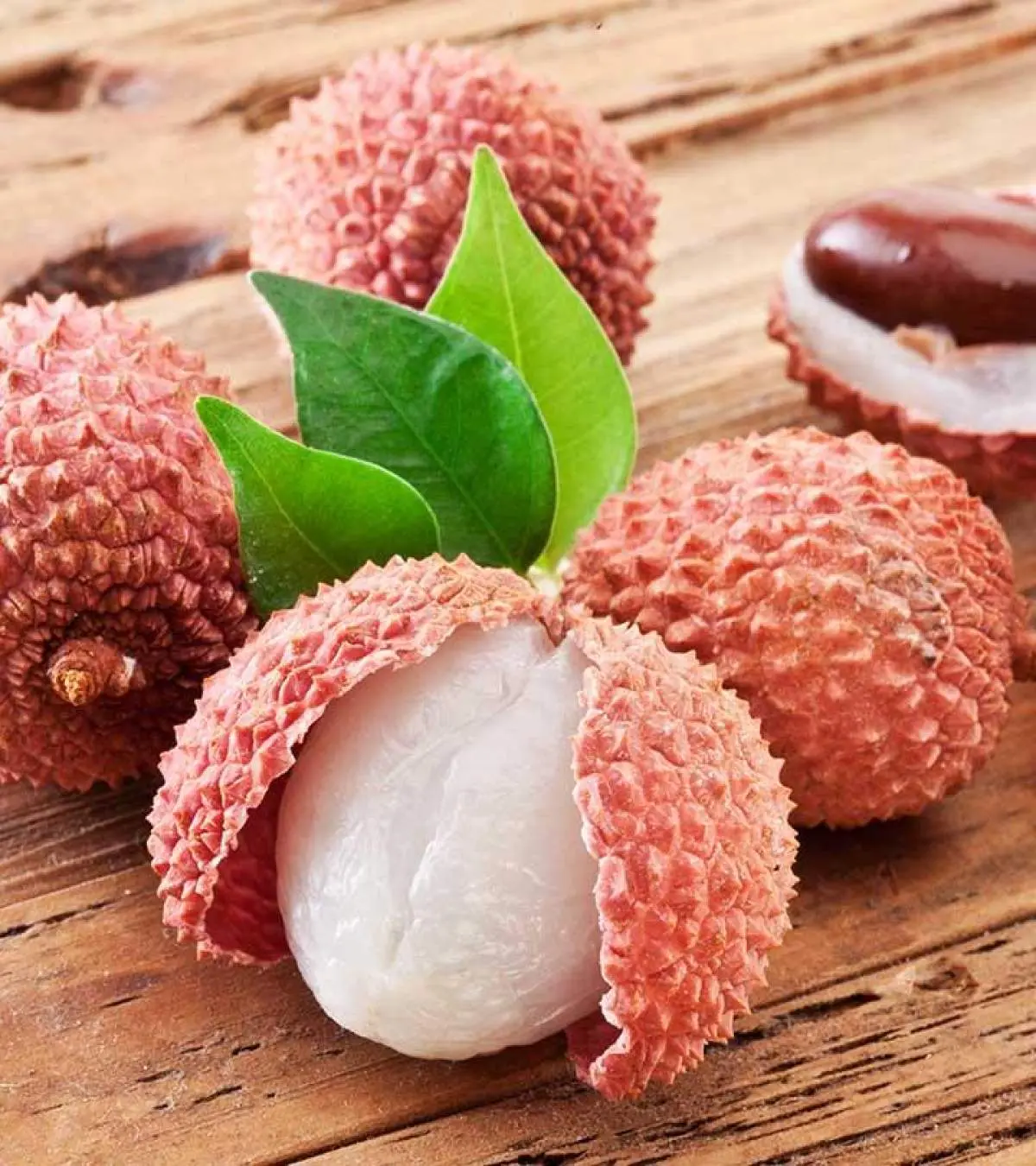
Before diving into the wellness aspects, it’s crucial to understand what makes lychee such a prized tropical delicacy. Its nutrition profile sets the stage for both its benefits and potential side effects.
Rich Source of Vitamin C
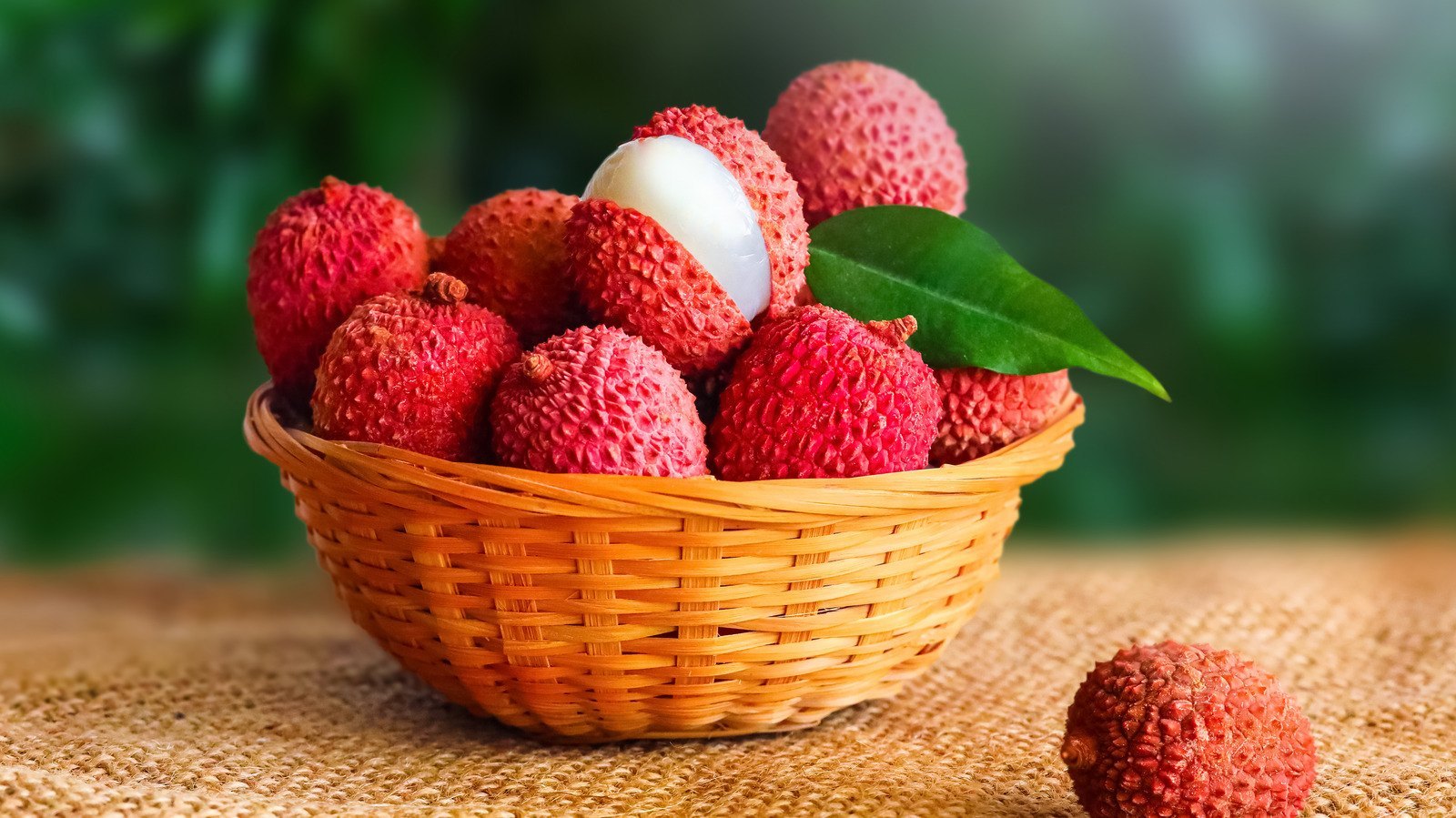
Lychee boasts an impressive concentration of vitamin C, often surpassing daily requirements with just a handful of fruits.
This antioxidant powerhouse plays a significant role in supporting immune function, enhancing iron absorption, and protecting cells against oxidative damage. The robust vitamin C content is one reason why lychee consumption may help ward off common colds, improve skin health, and promote overall vitality.
However, the high levels of vitamin C also raise some considerations: excessive intake could potentially cause gastrointestinal discomfort or kidney strain in sensitive individuals. Moderation remains key. From my perspective, the burst of vitamin C found naturally in lychee offers a flavorful alternative to supplements, making it easier and more enjoyable to meet your daily needs.
A Good Dose of Antioxidants
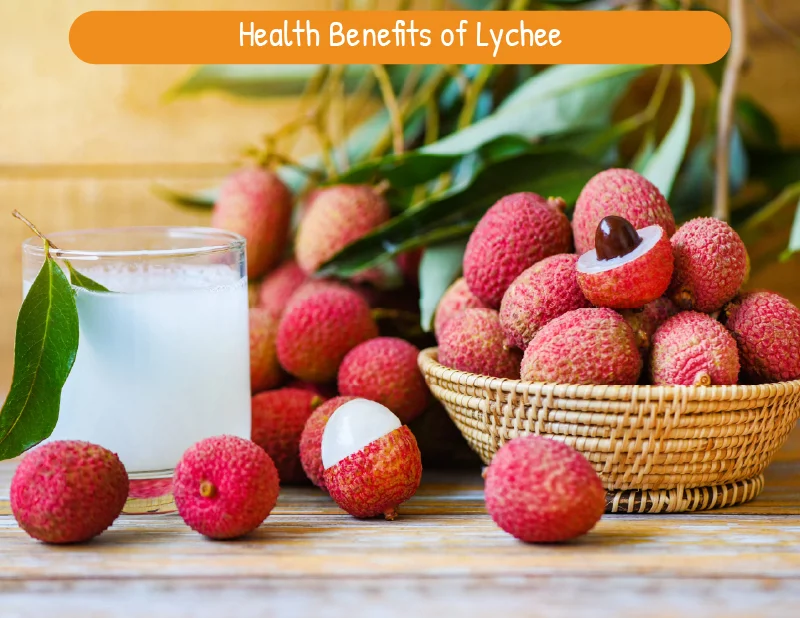
Beyond vitamin C, lychees are loaded with other antioxidants like polyphenols, flavonoids, and proanthocyanidins.
These compounds combat free radicals, which are unstable molecules linked to aging and chronic diseases such as cancer, diabetes, and heart issues. Consuming antioxidant-rich fruits like lychee helps maintain cellular integrity and reduces inflammation throughout the body. What fascinates me about lychee is how nature packs potent disease-fighting agents into such a small, sweet package.
Still, while antioxidants offer numerous advantages, excessive consumption doesn’t necessarily translate to additional benefits and could sometimes interfere with certain medications. Therefore, integrating lychee thoughtfully into your fruit rotation is wise.
Contains Essential Minerals
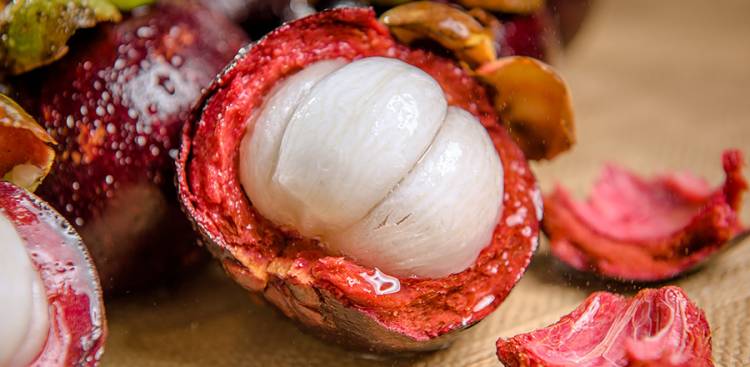
Lychee provides essential minerals such as potassium, copper, magnesium, and manganese.
Potassium supports heart health by managing blood pressure levels, while copper contributes to red blood cell formation and healthy nerves. Magnesium aids muscle function, and manganese acts as a cofactor in various enzymatic reactions. Together, these nutrients support multiple physiological processes, highlighting why lychee can be considered a functional food.
Interestingly, the variety of minerals aligns perfectly with the sweet, refreshing taste, making it a nutrient-dense snack choice. Yet, people with mineral imbalances should consult healthcare providers before overindulging, as excess intake might exacerbate certain conditions.
Low in Calories but High in Natural Sugars

One of lychee’s appealing characteristics is that it’s relatively low in calories but rich in natural sugars like fructose and sucrose.
This balance makes it an excellent energy booster during hot summer days or after exercise. For those mindful of calorie intake, lychee satisfies a sweet tooth without sabotaging dietary goals. Personally, I find lychee to be a perfect guilt-free dessert option when craving something refreshing and naturally sweet.
Nevertheless, the sugar content implies that diabetics or those watching their blood glucose should enjoy lychee in moderation, balancing its consumption with low-glycemic foods.
Health Benefits of Eating Lychee – Unlocking Nature’s Sweet Medicine
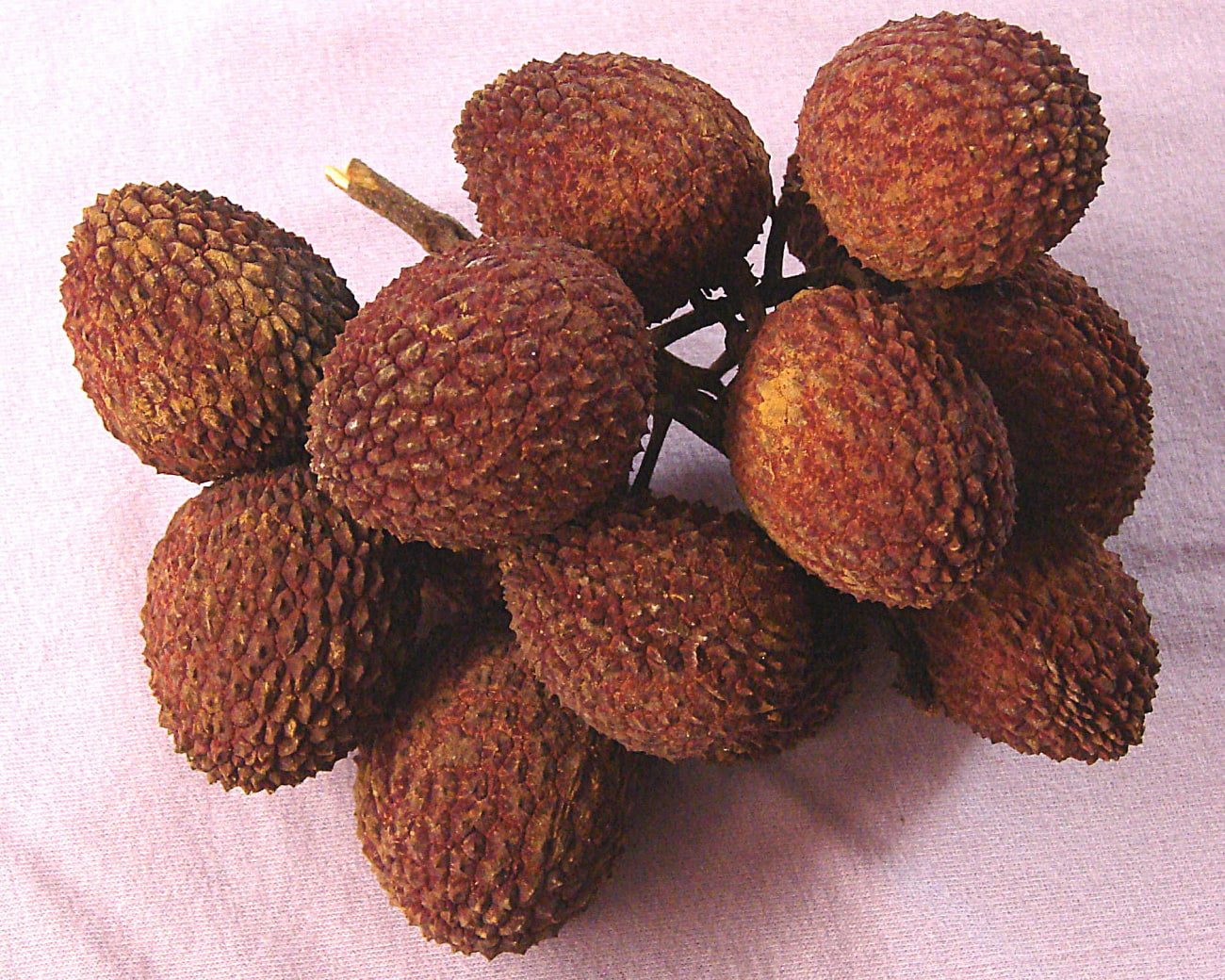
Lychee is more than just a tropical treat; its rich nutrient composition translates to several compelling health benefits. Let’s delve deeper into how this fruit contributes to wellness.
Boosts Immune System Function

The abundance of vitamin C in lychee plays a pivotal role in fortifying immune defenses.
Vitamin C stimulates white blood cell production and enhances their activity, providing a frontline defense against pathogens. By regularly consuming lychee, especially during cold and flu season, you equip your immune system with the ammunition it needs to fight infections efficiently.
From personal experience, incorporating vitamin C-rich fruits like lychee has helped me reduce the frequency and severity of seasonal illnesses. It feels like a natural way to bolster immunity without relying heavily on synthetic supplements.
However, it’s best to pair lychee with other vitamin-rich foods for a balanced approach rather than depending solely on one fruit.
Promotes Healthy Skin
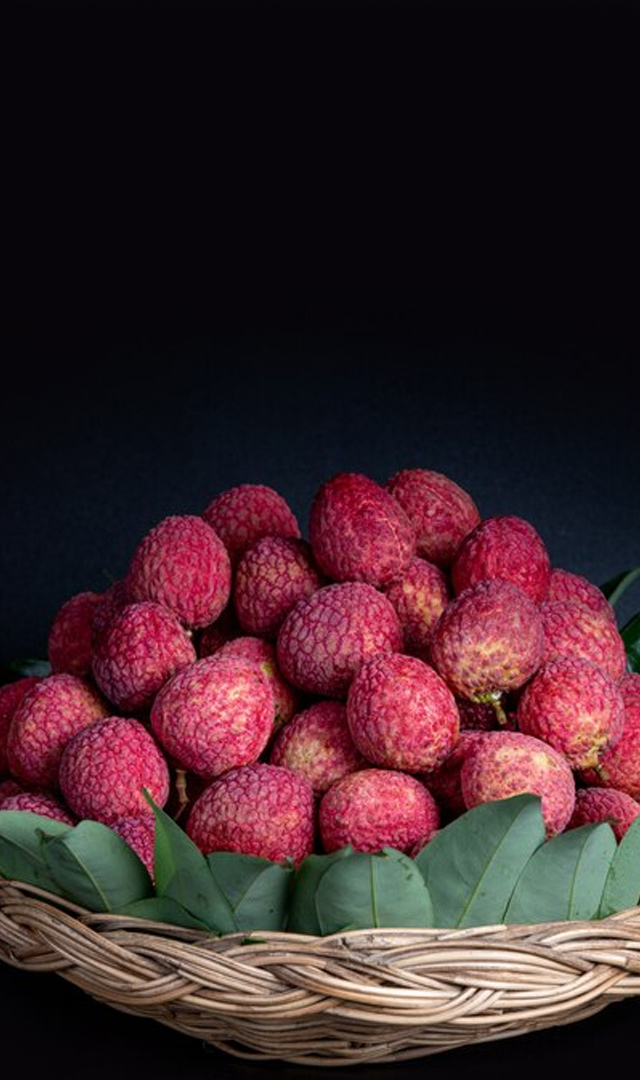
Lychee’s benefits extend to skincare, thanks mainly to its antioxidants and vitamin C content.
Vitamin C is essential for collagen synthesis, which maintains skin elasticity and youthfulness. The antioxidants protect skin cells from oxidative stress caused by UV exposure and pollution, helping to prevent premature aging signs like wrinkles and dark spots.
I find that eating lychee regularly can complement topical skincare routines, offering beauty benefits from the inside out. It’s a holistic strategy to maintaining glowing, resilient skin naturally.
Yet, maintaining an overall healthy lifestyle, including hydration and sun protection, remains fundamental for optimal skin health.
Supports Digestive Wellness
Lychee contains dietary fiber, albeit in moderate amounts, which aids in digestive processes.
Fiber promotes regular bowel movements, prevents constipation, and fosters a healthy gut microbiome by feeding beneficial bacteria. Including lychee as part of a fiber-rich diet can therefore support smoother digestion and better nutrient absorption.
Creatively speaking, lychee pairs well with yogurt or chia pudding, enhancing both flavor and gut health benefits. Regular, balanced consumption keeps your digestion on track without overwhelming your system.
For those prone to digestive sensitivities, start with small quantities to gauge tolerance.
Enhances Heart Health
The mineral composition of lychee—especially potassium, magnesium, and copper—supports cardiovascular function.
Potassium balances sodium’s effect, aiding in blood pressure regulation, while magnesium and copper play roles in vascular health and preventing arterial stiffness. Additionally, the antioxidants reduce inflammation, helping lower the risk of heart disease.
Combining lychee with a heart-healthy diet amplifies these benefits, potentially reducing hypertension and improving overall cardiac wellness. It’s a tasty and enjoyable addition to any heart-conscious nutritional plan.
Of course, moderation is vital, especially if one’s medical history includes concerns related to mineral intake or sugar management.
Potential Side Effects of Lychee – What You Should Be Aware Of
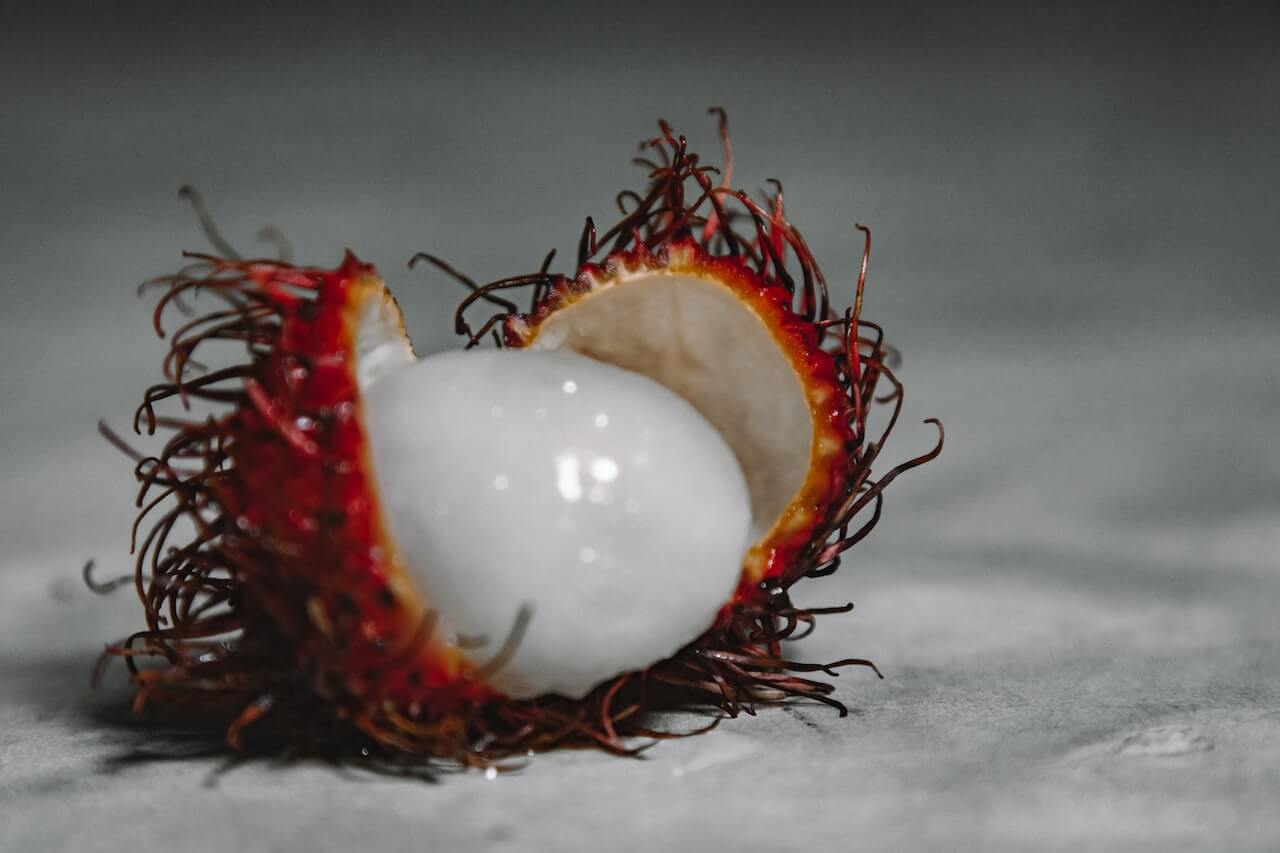
While lychee offers a plethora of health benefits, it’s equally important to recognize potential drawbacks to avoid adverse outcomes. Understanding lychee benefits and side effects ensures safer consumption.
Risk of Hypoglycemia in Children
One of the most discussed concerns is lychee-induced hypoglycemia, primarily observed in malnourished children consuming large quantities of unripe lychees on an empty stomach.
Unripe lychees contain high levels of toxins called hypoglycin A and MCPG, which disrupt normal glucose metabolism, leading to dangerously low blood sugar levels. This syndrome has been associated with outbreaks of brain inflammation (encephalopathy), particularly in rural regions where lychee cultivation is prevalent.
From an analytical standpoint, this emphasizes the importance of enjoying ripe, fresh lychees and avoiding overconsumption, especially among vulnerable populations. Education around safe consumption practices is crucial in at-risk communities.
Parents should ensure children have balanced meals and limit lychee intake to prevent such occurrences.
Allergic Reactions
Although rare, some individuals may experience allergic responses to lychee.
Symptoms can range from mild oral irritation, itching, or swelling to severe reactions like difficulty breathing or anaphylaxis. This may be due to cross-reactivity with other fruits or inherent sensitivities.
As someone who loves experimenting with tropical fruits, I recommend introducing lychee cautiously if you have known fruit allergies. Observing the body’s response to small amounts initially can provide guidance.
In case of allergic symptoms, immediate medical attention is necessary, and future avoidance is crucial.
Excess Sugar Content Concerns
Lychee’s delicious sweetness comes from its natural sugars, posing challenges for those managing blood glucose levels.
Diabetics or individuals with insulin resistance should consume lychee in controlled portions. Sudden spikes in blood sugar can worsen metabolic control, counteracting efforts towards balanced health.
From my perspective, pairing lychee with low-glycemic foods or protein sources can mitigate these effects, allowing enjoyment without significant sugar surges.
Monitoring blood sugar after consumption helps tailor individual dietary choices effectively.
Gastrointestinal Disturbances
Eating excessive lychees can sometimes lead to gastrointestinal upset, including bloating, diarrhea, or stomach cramps.
This could result from the fiber content interacting with other dietary components or individual digestive sensitivities. Moderation helps avoid such discomfort while still reaping the fruit’s benefits.
A creative insight here is to enjoy lychee as part of multi-fruit salads or smoothies, which dilutes its concentrated effects and adds dietary diversity.
Listening to your body’s signals remains essential to determine your ideal portion size.
How to Include Lychee Safely in Your Diet – Tips and Creative Ideas
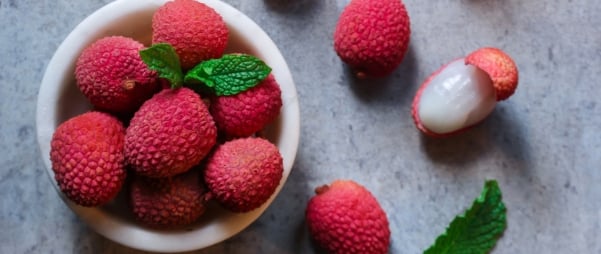
Enjoying lychee while minimizing risks involves mindful consumption paired with culinary creativity. Here’s how you can incorporate this tropical delight safely and deliciously.
Select Ripe and Fresh Lychees
Choosing ripe, fresh lychees is key to maximizing benefits and minimizing toxin exposure.
Look for bright, firm fruits with intact skins. Avoid overly hard or greenish lychees, which may harbor higher levels of hypoglycin A. Once peeled, the flesh should be translucent and aromatic.
Freshness not only guarantees better taste but also preserves the nutrient content. From my own kitchen adventures, properly selected lychees elevate both the flavor and safety of your dishes.
Refrigerate unused portions promptly to retain freshness and reduce spoilage risks.
Practice Portion Control
Despite their deliciousness, moderation is fundamental when enjoying lychee.
Limit consumption to a handful at a time, especially if you’re diabetic, prone to allergies, or new to this fruit. Spacing out intake across meals helps stabilize sugar release and prevents gastrointestinal overload.
Personally, I find lychee most satisfying when used as a special treat rather than a staple, helping to appreciate its unique flavor without overdoing it.
Educating oneself on recommended serving sizes supports healthier habits long term.
Pair with Balanced Foods
Combining lychee with other healthy foods enhances nutrient absorption while stabilizing blood sugar.
Try adding lychee to salads featuring leafy greens, nuts, or lean proteins. Blend into smoothies with yogurt or kefir for gut support, or top oatmeal for a sweet twist.
Such pairings diversify your nutrient intake and create more satiating meals. I’ve noticed that this approach not only enriches flavors but also minimizes any spike-and-crash energy patterns linked with sugary fruits alone.
Experimentation leads to personalized, enjoyable combinations tailored to your health needs.
Avoid Unripe Fruits and Empty Stomach Consumption
Never eat large quantities of unripe lychee, especially on an empty stomach, to avoid hypoglycemic risks.
Ensuring you have a balanced meal beforehand can mitigate rapid drops in blood sugar. This is particularly relevant for children and those susceptible to metabolic disturbances.
My advice is always to prioritize food safety, understanding that even natural foods require thoughtful handling.
Awareness empowers safer enjoyment of this vibrant tropical gift.
Frequently Asked Questions About Lychee Benefits and Side Effects

Here are some commonly asked questions to further clarify doubts regarding lychee benefits and side effects.
Is eating lychee good for weight loss?
Lychee has low calories and high water content, making it a smart snack during weight management efforts. However, its natural sugars mean portion control is vital. Pair lychee with proteins or fiber-rich foods to increase satiety and regulate blood sugar for effective weight management.
Can diabetics safely eat lychee?
Diabetics should consume lychee moderately, being mindful of its sugar content. It’s best to monitor blood glucose after eating lychee and combine it with foods that have a lower glycemic index. Consulting a healthcare professional for personalized advice is recommended.
Are lychee seeds edible or toxic?
Lychee seeds are generally considered toxic and not meant for consumption. They contain compounds that can cause digestive distress or toxicity. Always discard seeds and consume only the fleshy pulp.
Does lychee have any anti-aging benefits?
Yes, lychee is rich in antioxidants and vitamin C, which help fight free radicals and support collagen production. This combination can contribute to youthful skin and reduce premature aging signs when part of a balanced lifestyle.
What precautions should parents take when giving lychee to children?
Ensure children eat ripe lychees in moderation and never on an empty stomach. Balanced meals alongside lychee reduce the risk of hypoglycemia. Parents should supervise to prevent choking hazards posed by the seeds as well.
Video
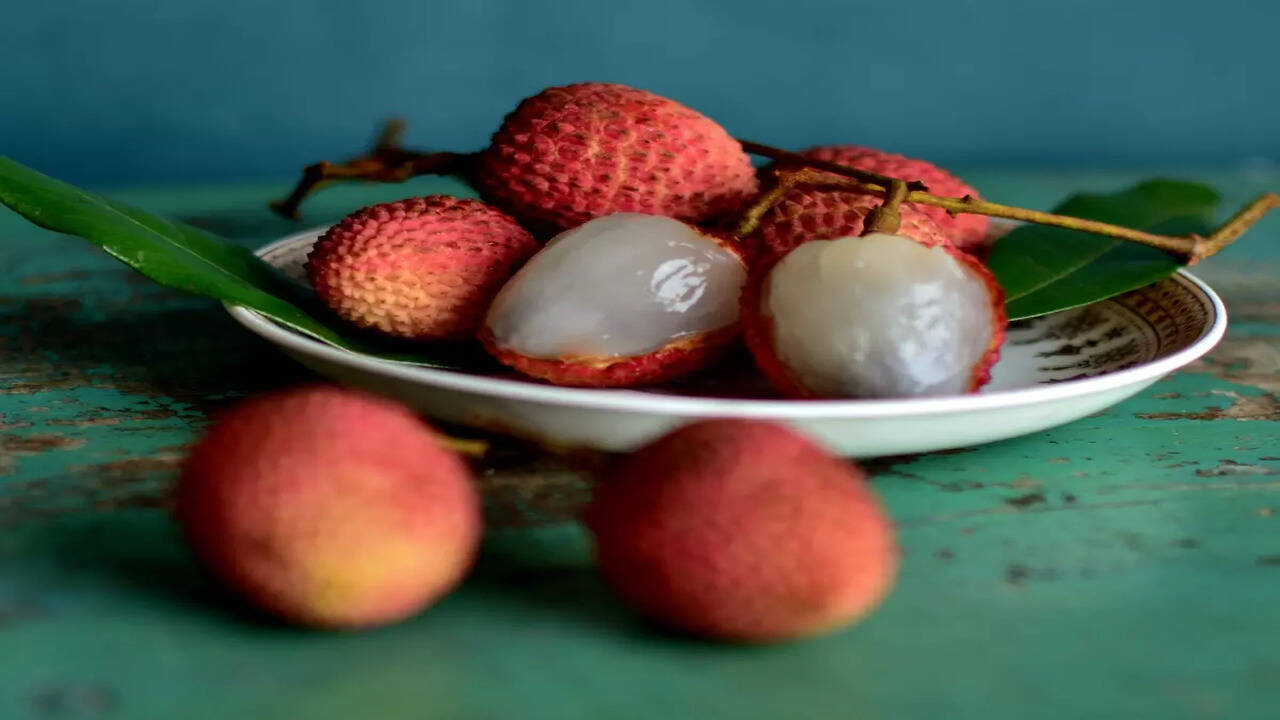
Conclusion
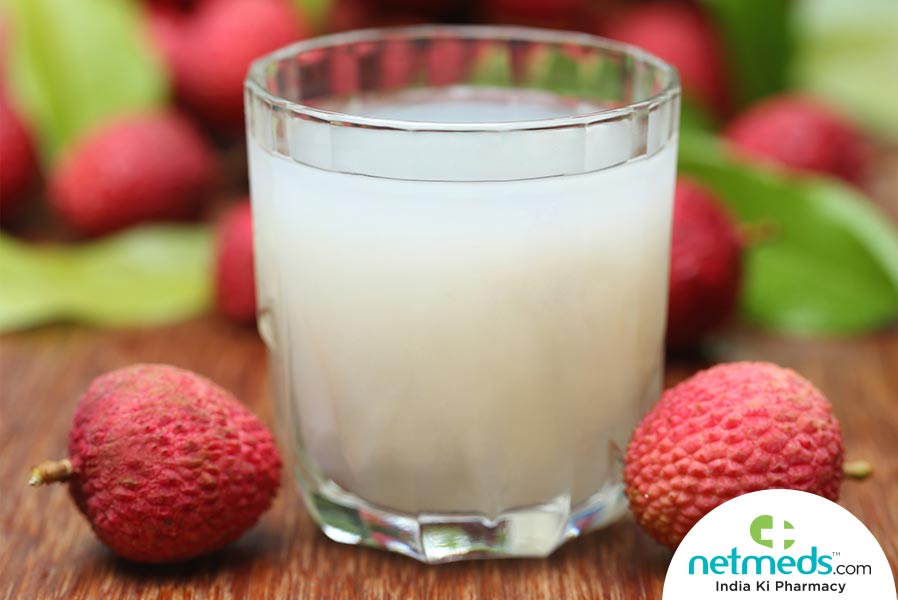
Exploring lychee benefits and side effects reveals this tropical fruit as a complex blend of nutrients, antioxidants, and natural sugars capable of supporting overall health when enjoyed responsibly. While it offers immune-boosting, skin-enhancing, and heart-supportive properties, understanding its potential risks—such as hypoglycemia, allergies, and sugar overload—is crucial.
By selecting ripe fruit, practicing moderation, and creatively pairing lychee with other nutritious foods, you can savor its delightful flavor while optimizing health outcomes. Like all things in nutrition, balance remains key to unlocking lychee’s full potential safely. Enjoy this luscious gift from nature wisely, celebrating both its taste and remarkable health-promoting qualities.